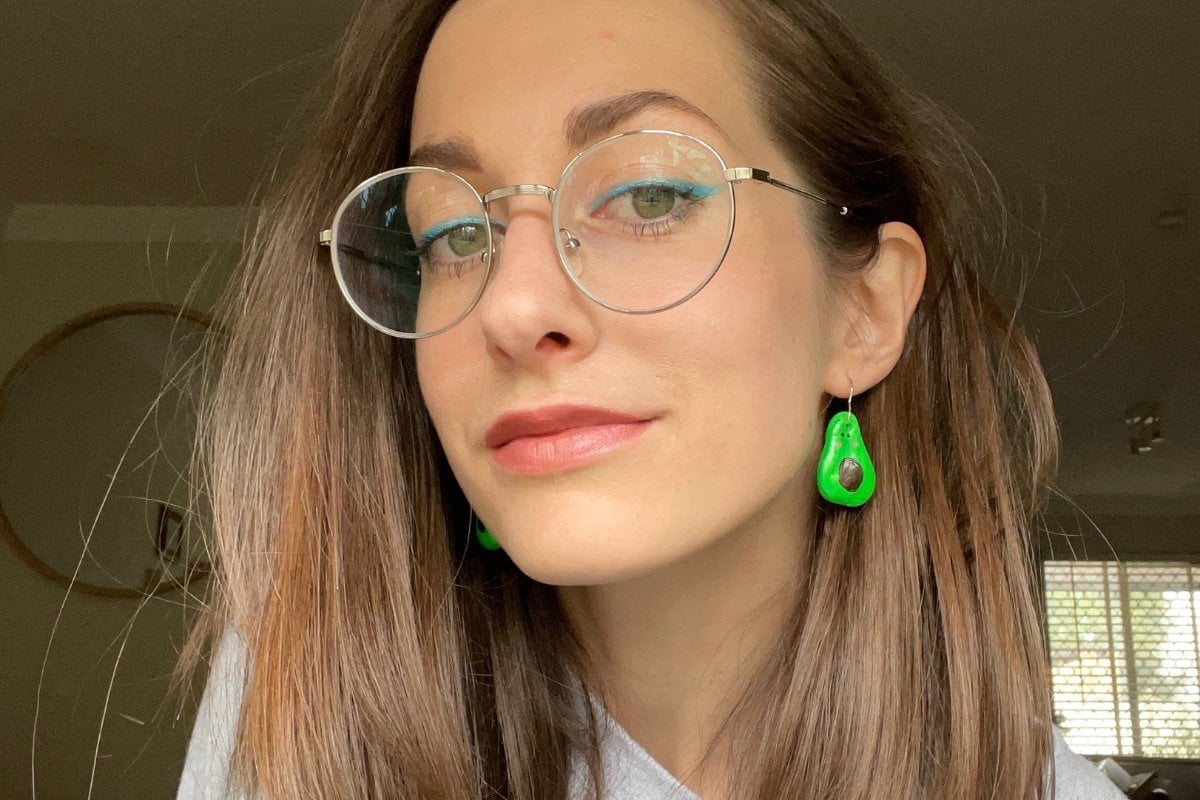
I'm not good with money.
I have two modes: "I won't spend anything at all" or "Money is there to be spent!" There is no grey area with me. I am one extreme or the other and, unsurprisingly, this hasn't lent itself to forming any kind of financial stability in my life.
Also? I just don't understand finance. I've tried; I've read books, listened to podcasts – but I just become overwhelmed. They talk about fees and investments and I want to wail, "Look, I just need somewhere small to start!"
So, I decided on my small place to start.
But before anything else, watch these 4 money hacks that don't cut out your daily cup of coffee! Story continues after video.
My main issue is that I have a full-time job, a good income, and yet I live paycheck-to-paycheck. I have a savings account, but in terms of my everyday account? Each time pay day rolls around, I'm breathing a sigh of relief. And I just can't work out where all the money is going. I decided, in the interest of starting small, I would, for an entire week, track every single cent I spent and see what the results told me.
Here's what I learned.
1. Accountability works.
In the interest of producing authentic results, I told myself to spend like I normally would. But knowing I was going to have to write down what I bought had me second-guessing and hesitating at every purchase. This was definitely new.